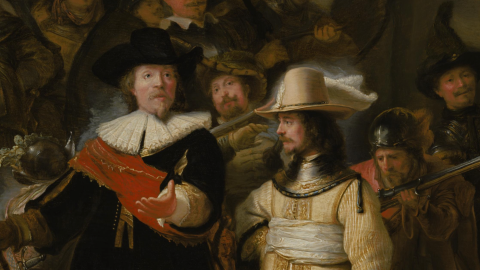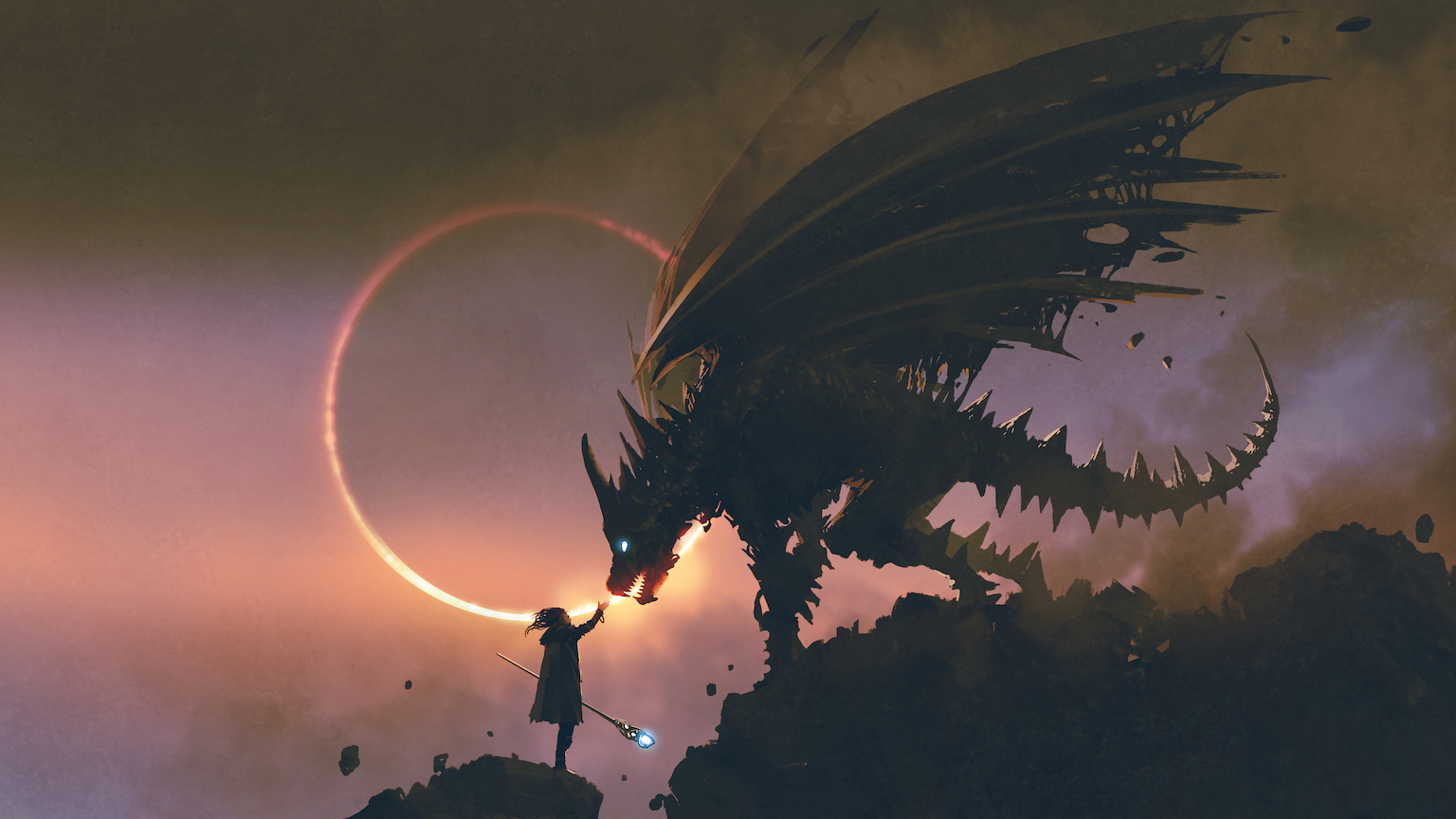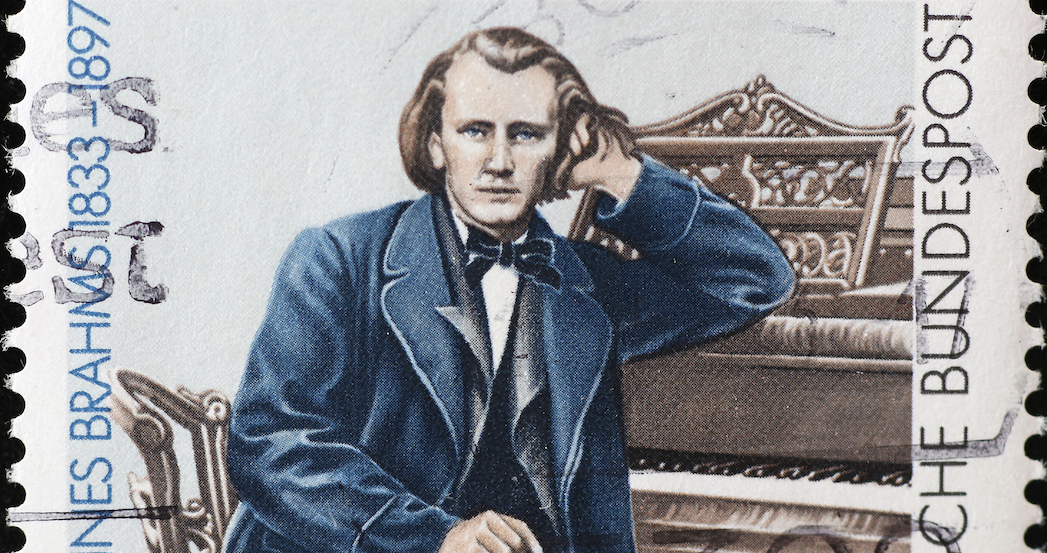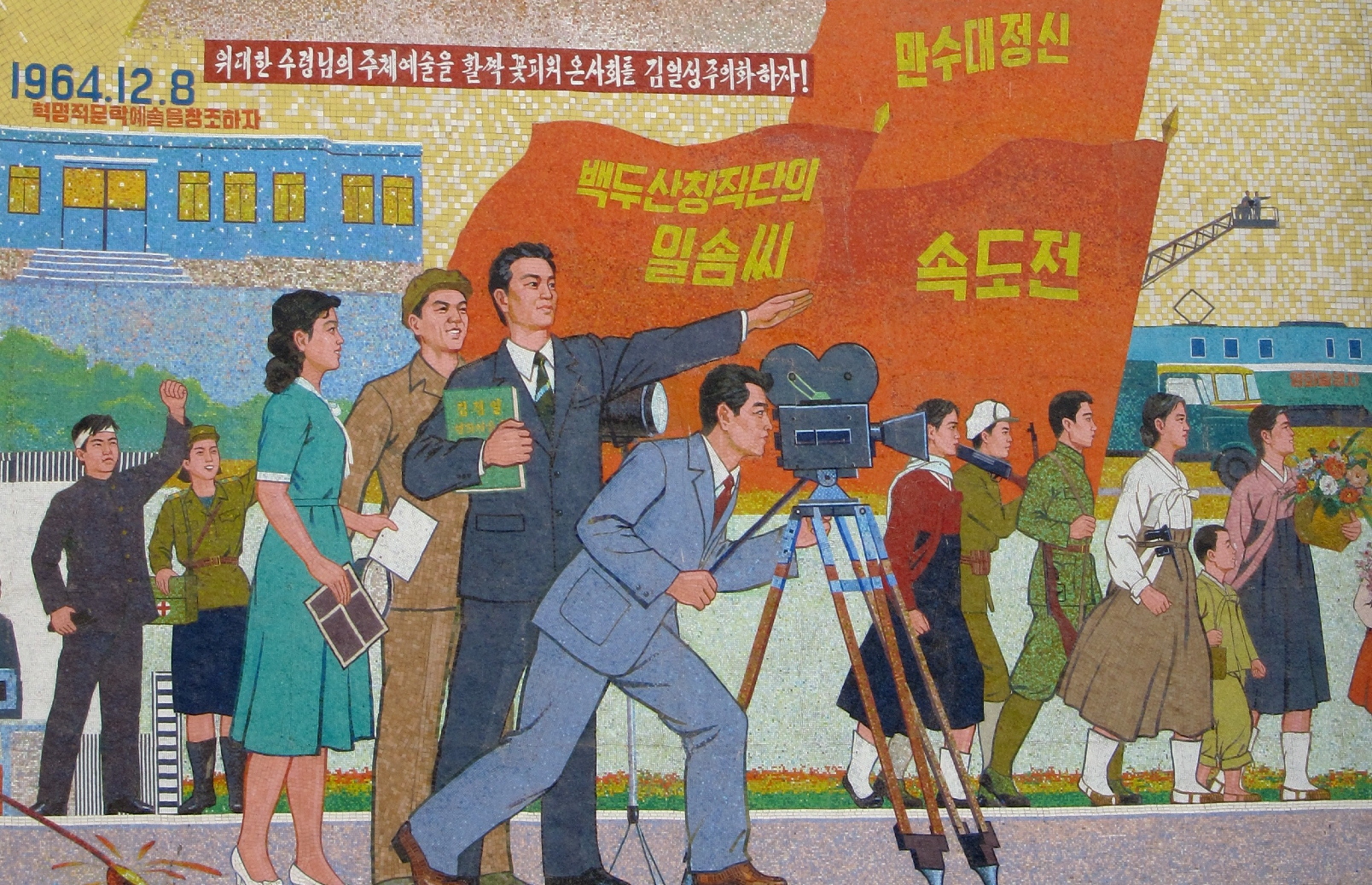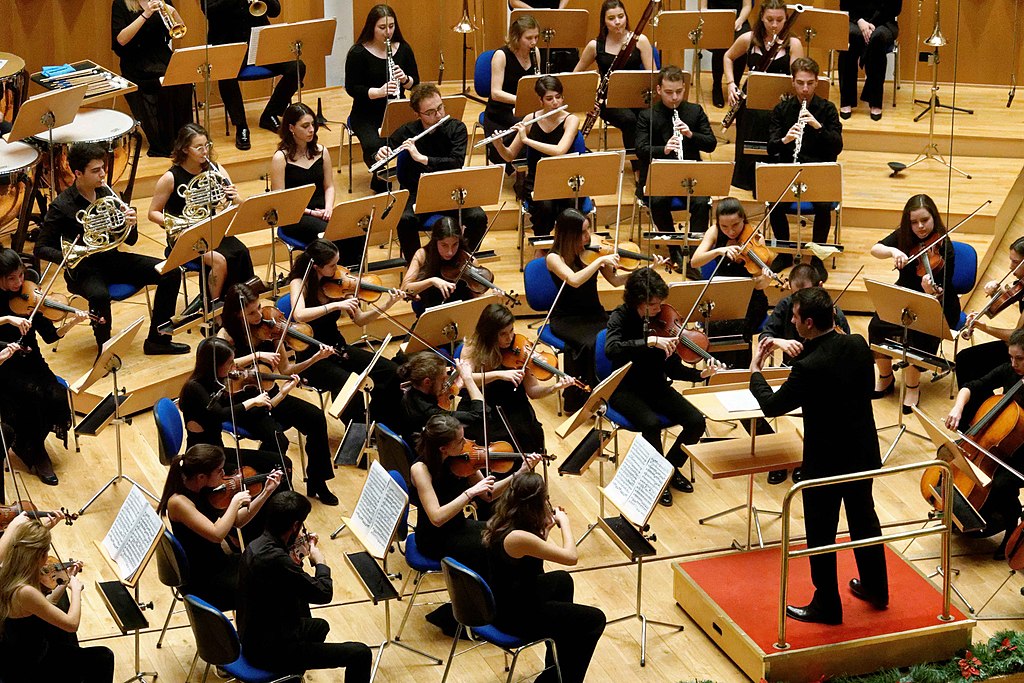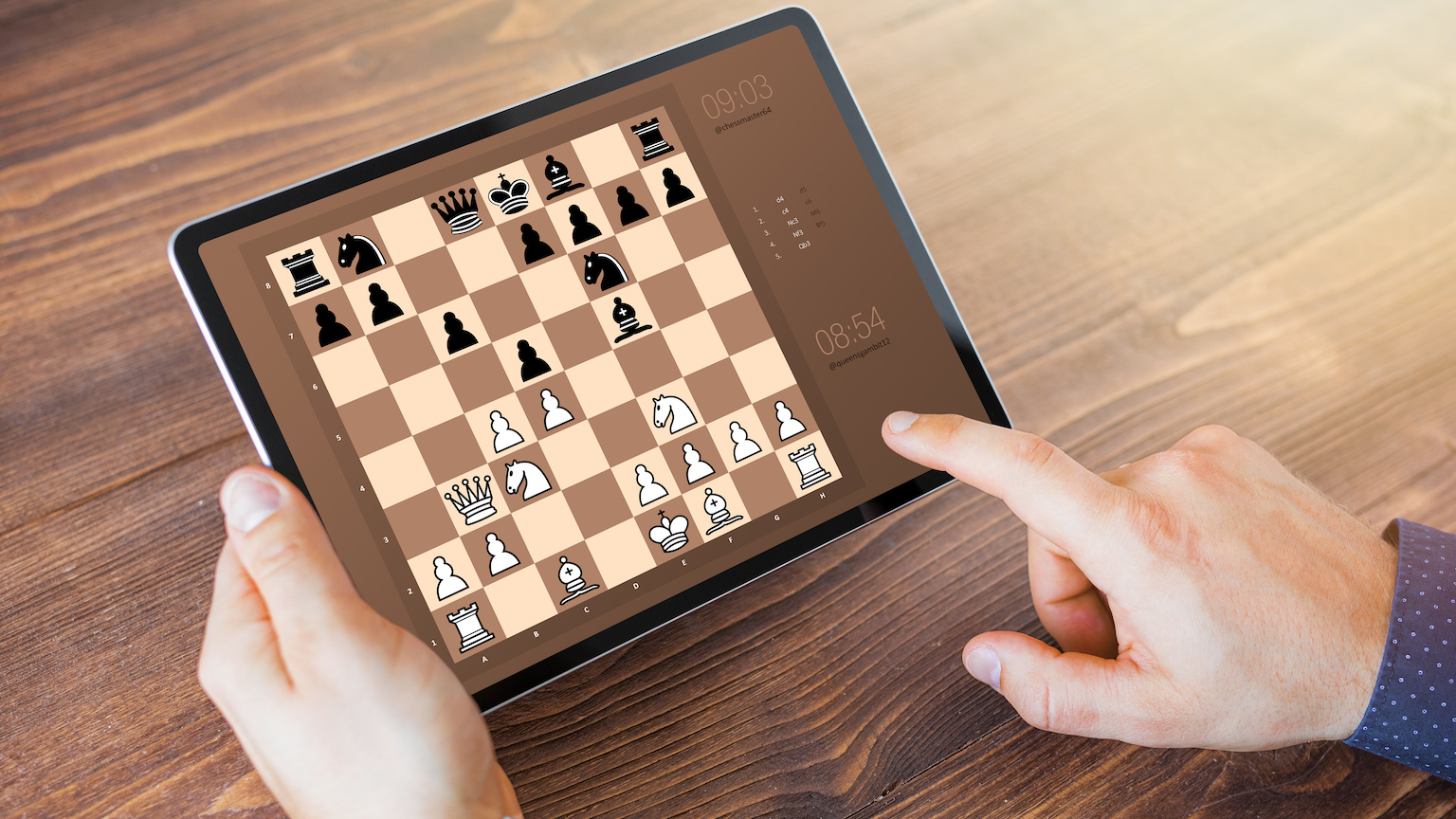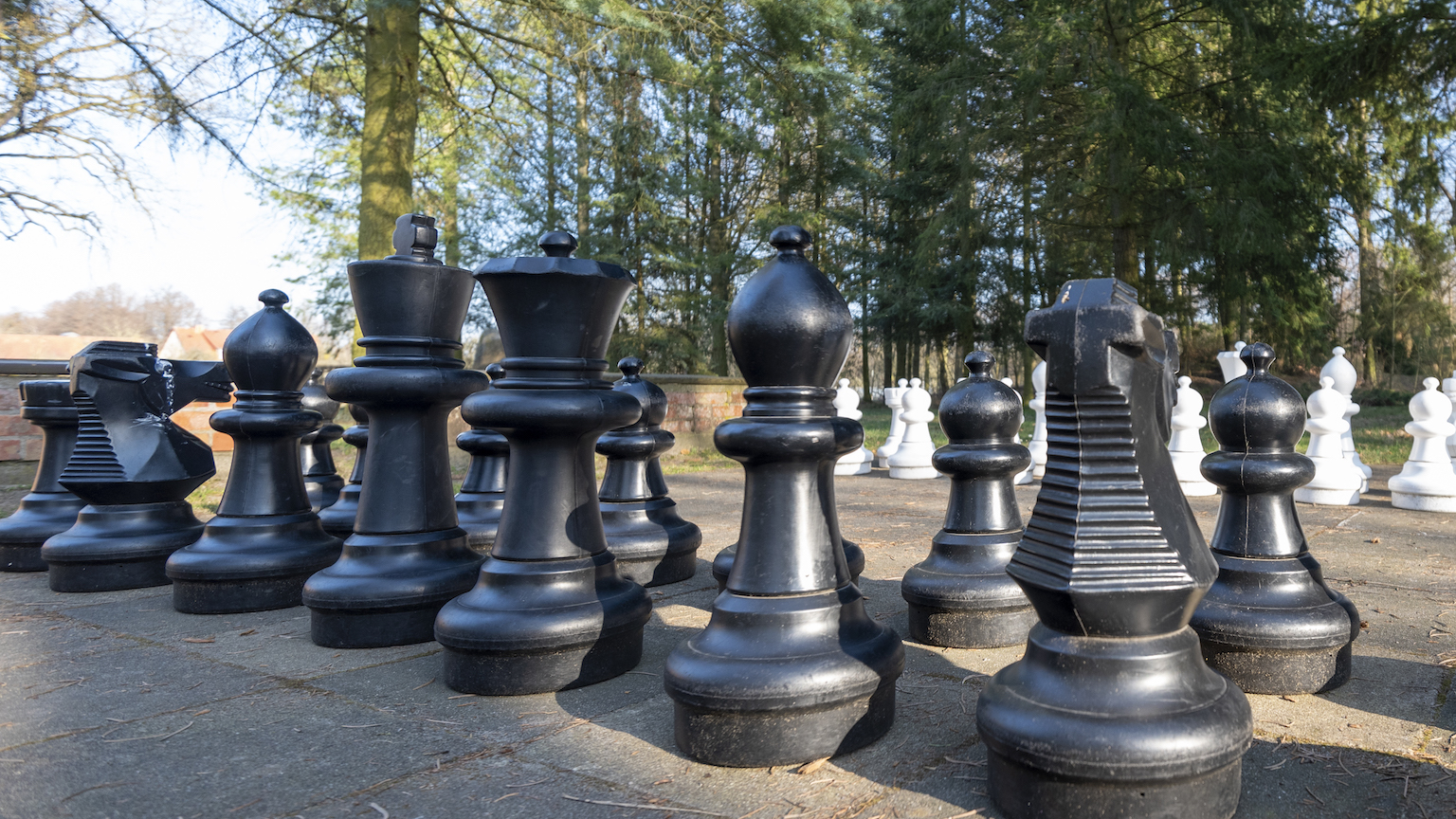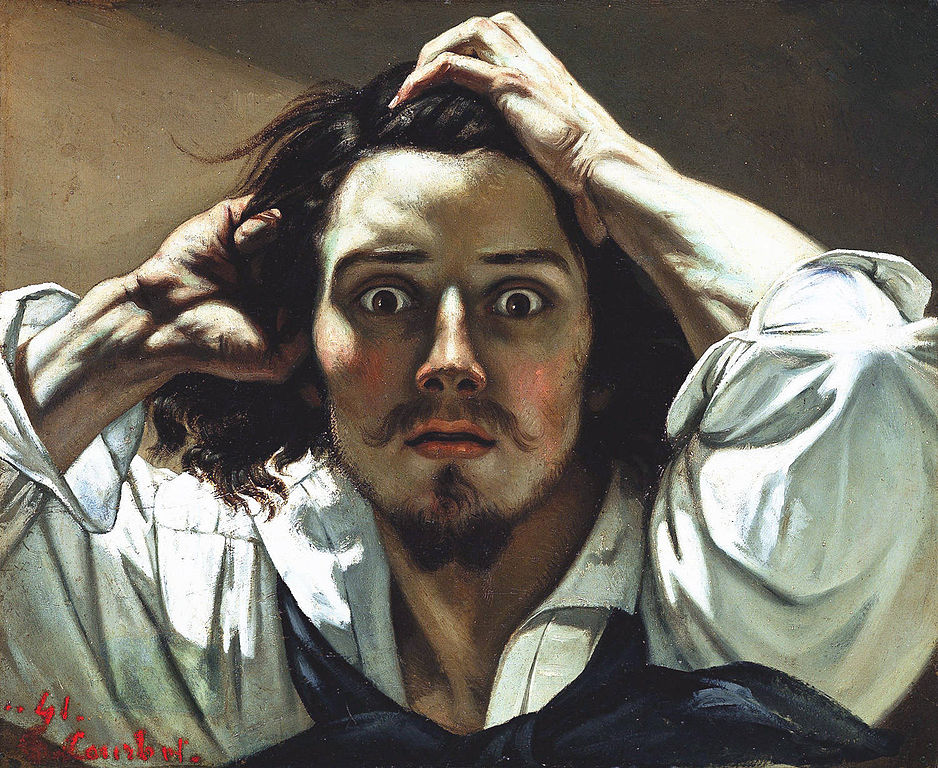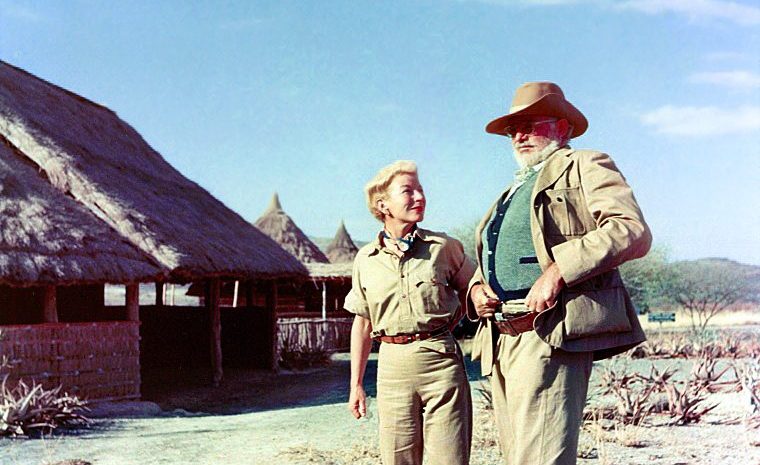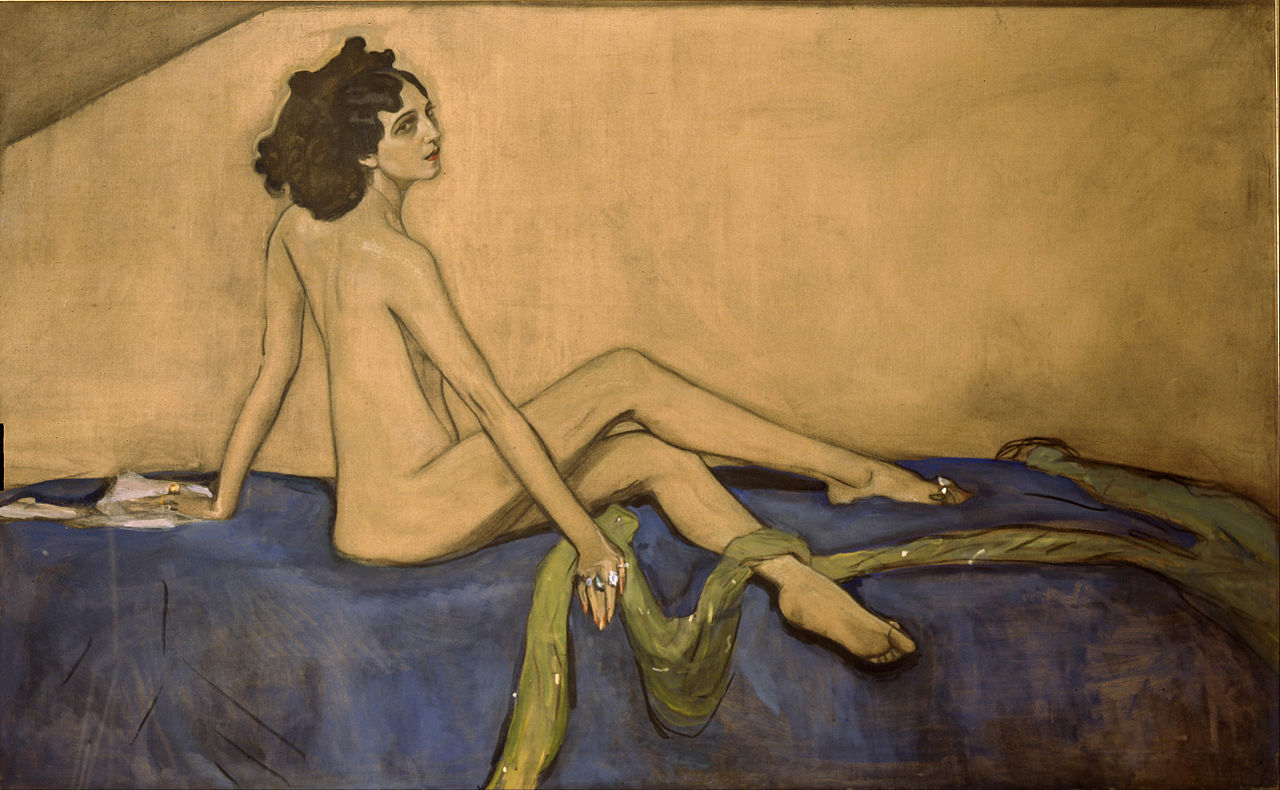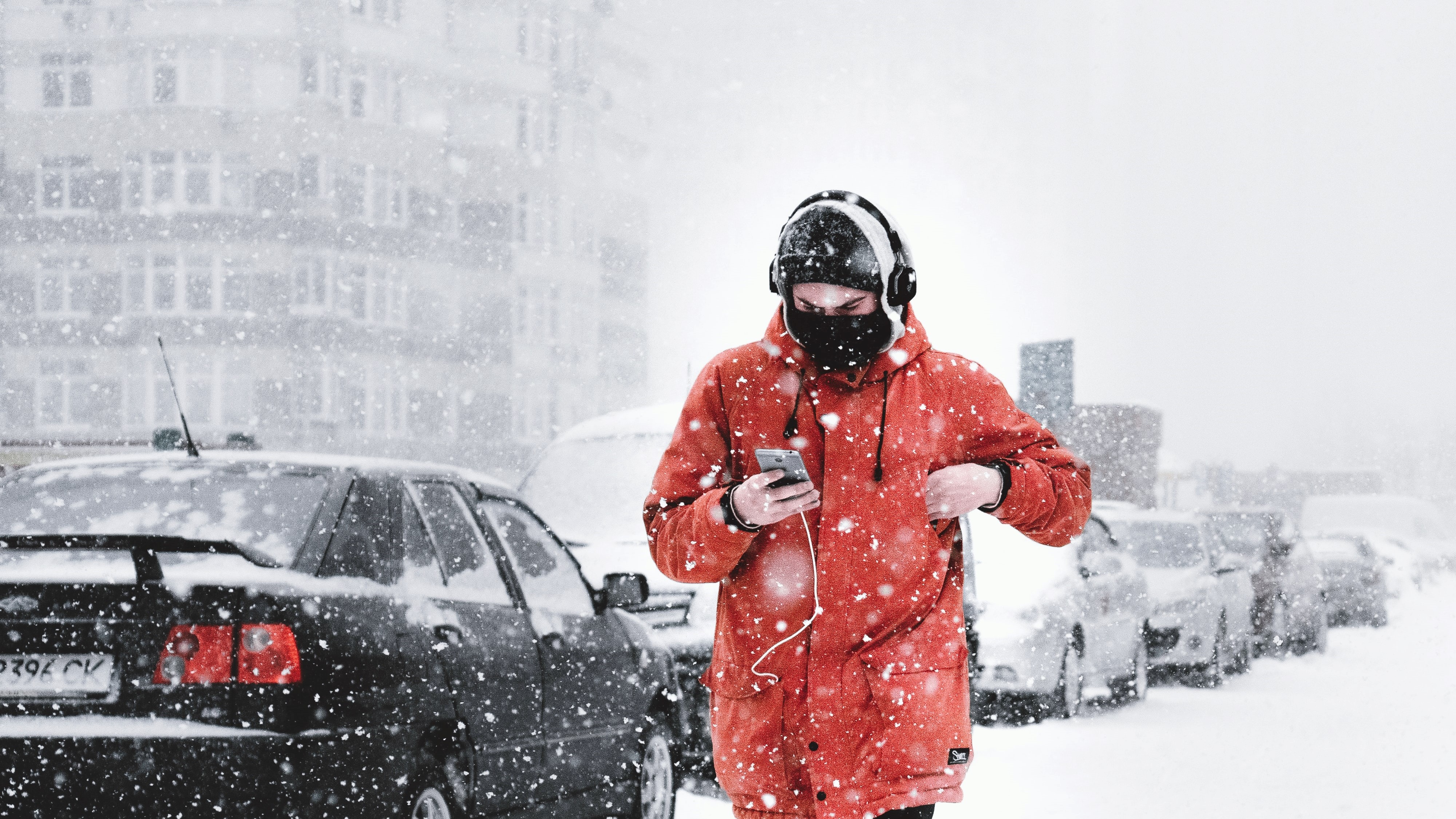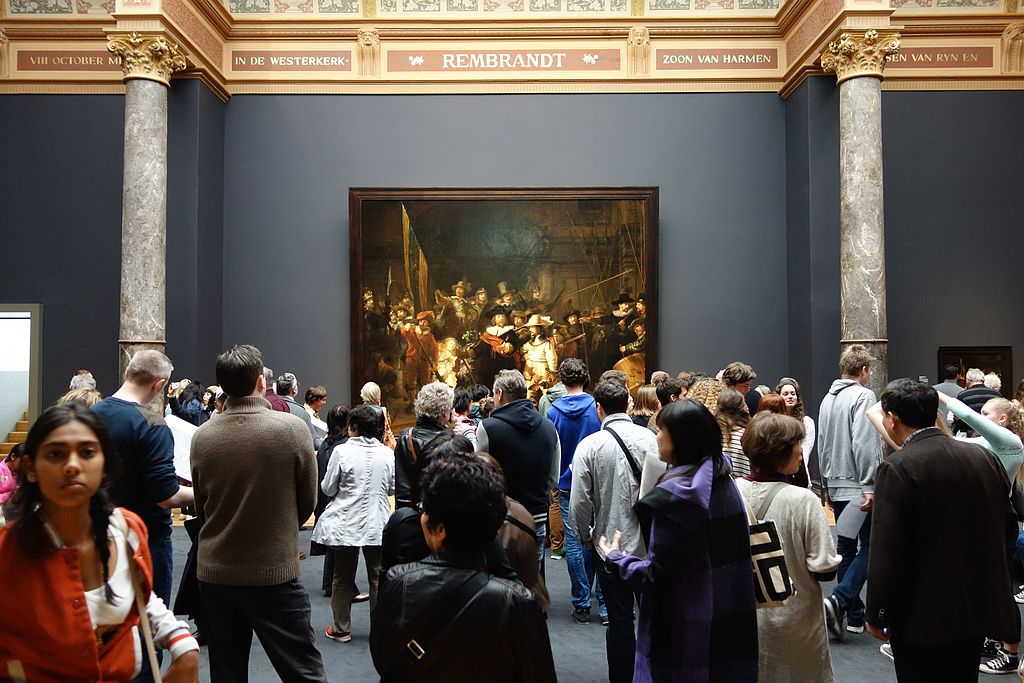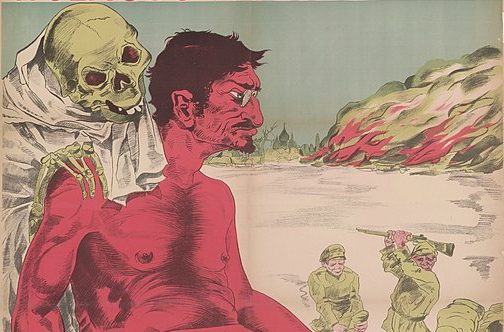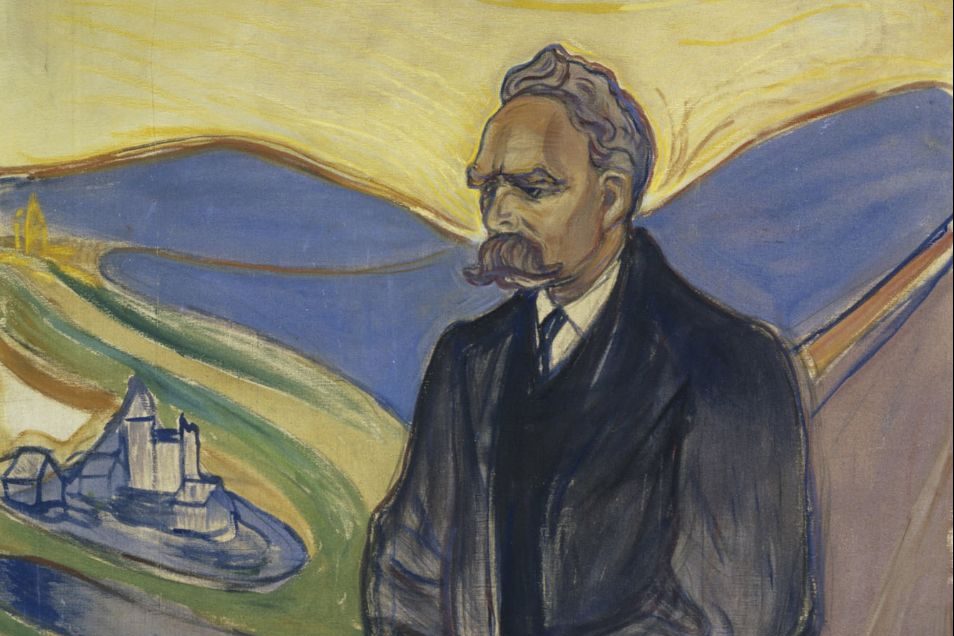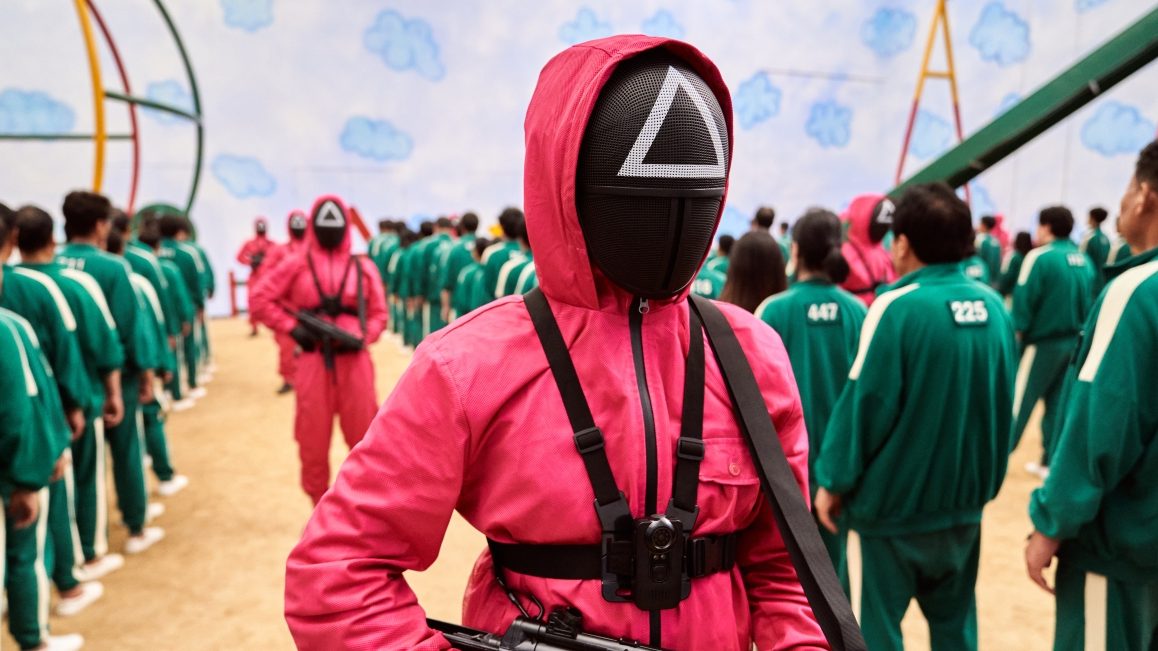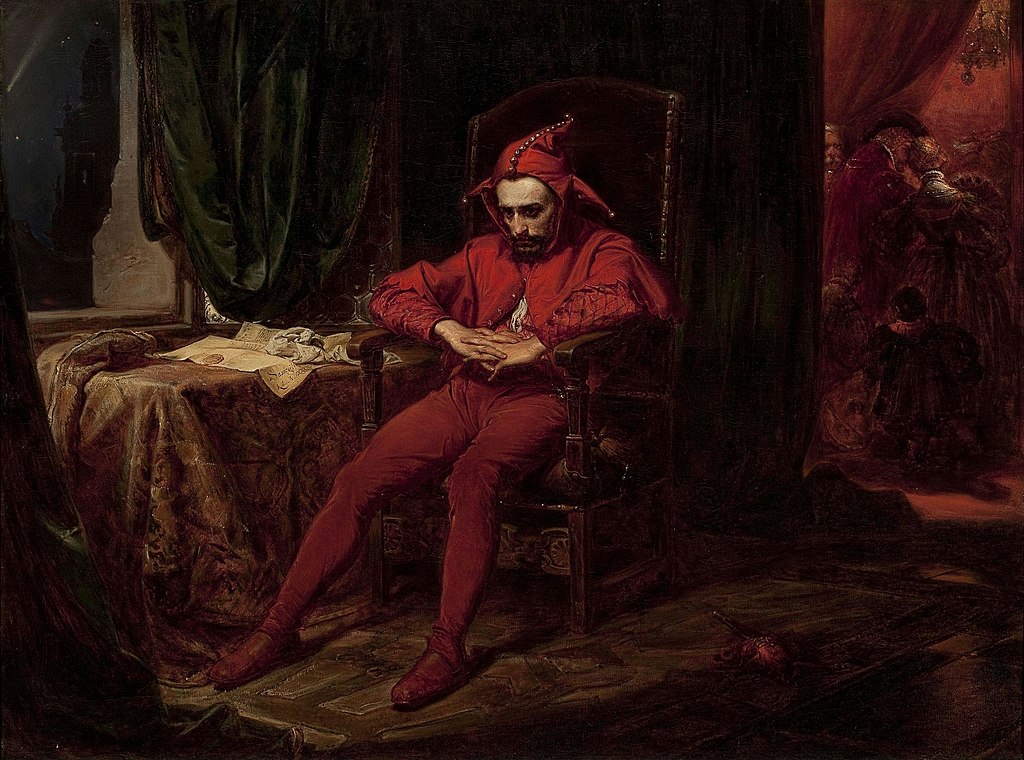High Culture
featured
The Rijksmuseum employed an AI to repaint lost parts of Rembrandt’s “The Night Watch.” Here’s how they did it.
All Stories
Frank Slater’s book “Practical Portrait Painting” reveals the secrets of masters old and new, from Leonardo da Vinci to Augustus John.
According to Tolkien, fantasy requires a deep imagination known as “sub-creation.” And the genre reflects a fundamental truth of being human.
From Brahms to Tchaikovsky, here’s a curated list of composers whose music has shaped the classical canon.
While there is more to North Korean cinema than meets the eye, the country’s film industry ultimately amounts to little more than a mouthpiece for the ruling Kim dynasty.
“How can we live without our lives? How will we know it’s us without our past?” Steinbeck writes.
Far from being inappropriate, many of the most controversial acceptance speeches highlighted important issues in the film industry.
Investments in public libraries are a long-term investment in children and communities.
Movie soundtracks don’t just help us recall the plot of a film; they also allow us to better understand its meaning.
Wordle activates both the language and logic parts of our brain and give us a nice boost of dopamine, whether we win or lose.
If you want to have foamy beer inside the comfort of your own home, you need to invest in a special nucleated glass.
What was once an art form has been drained of color and personality by ruthless algorithms. Can we make chess human again?
People around the world, mostly Generation Z, are obsessed with the look and feel of gothic, elitist universities. Why?
It has been 50 years since an American has claimed the title of World Chess Champion. Will it ever happen again?
People who visit Florence seem strangely susceptible to Stendhal syndrome, which is blamed on an overwhelming sense of awe.
The author of classics like “A Farewell to Arms” and “The Sun Also Rises” is known and loved for his simple yet effective writing style. Here’s how to imitate it.
Undiagnosed brain disease or divine inspiration? The origins of the French composer’s most provocative composition remain up for debate.
Ever felt sad during the holidays but weren’t sure why? Chances are you were suffering from a case of Christmas Blues.
It’s that time of year when the hours of meticulous wrapping of Christmas toys are viciously undone in seconds by tiny children.
Just as storylines make sense only when you have the context of the beginning and the end, listeners need to understand the impetus for why the album was even made.
Many of his criticisms ring true today.
Hit shows are like societal mirrors, capable of reflecting the cultural zeitgeist whose likeness they try to record.
The singer-songwriter distilled the essence of the holidays into a hit song, and for her efforts she was crowned the Queen of Christmas.
What value does wit hold in genres defined by brute strength?
Released in 1972, “Ways of Seeing” has proven to be as worthy of study as the artistic traditions it investigates.
Although equal parts Hollywood blockbuster and Putinist propaganda, “Trotsky” still manages to capture the good, the bad, and the ugly of Russia’s revolutionary past.
By taking Satan out of the religious context, storytellers explored the nature of sin in new ways.
The German thinker wrote both treatises and songs. He approached each form of expression with the same level of interest.
Winner takes all, losers die, and participants have no choice but to play.
According to literary theorist Mikhail Bakhtin, Dostoevsky’s talents were on par with those of William Shakespeare.
Before Herbert came along and wrote Dune, few if any sci-fi stories were set in fully realized universes.
